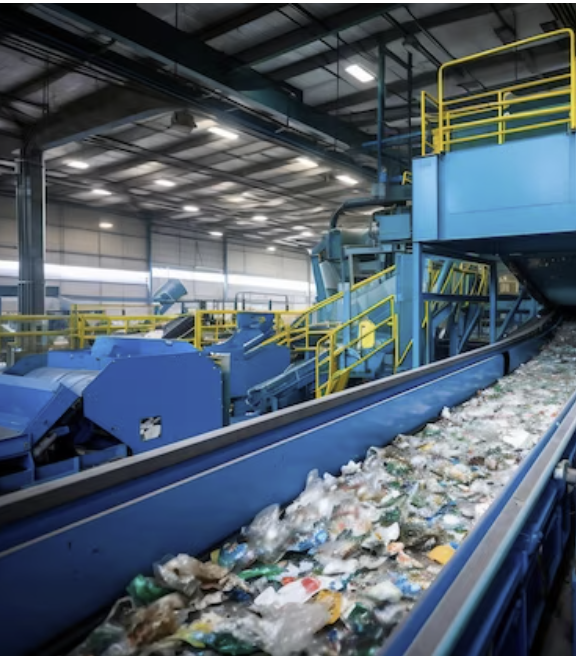How to recycle industrial plastic offcuts?
The manufacturing of products in the industrial sector generates plastic waste. It is essential that this waste and offcuts be recycled.
The different production offcuts
“Production offcuts” means plastic leftovers following the manufacturing of a set of products. Here are the different forms that these falls can take.
Purges
This is a quantity of plastic that is discharged from the injection machine before regular production begins, to ensure that the mold is filled correctly; and at the end of production to empty the molds and the feed channels.
Sprues
The sprues are pieces of plastic that remained in the mold after the main product was extracted.
Rejects / Decommissioned
Rejects are parts that have failed quality tests and are therefore unsaleable. They do not comply with the specifications and the raw material is therefore “lost” and can be recycled.
Coils
Coils are production off-cuts in the form of plastic rolls. They are produced during the manufacture of plastic films for packaging or protection. These may be end of series or non-compliant coils.

Bales
Bales are production off-cuts that have been compacted to reduce their volume. They are produced during the manufacture of plastic products such as bottles or containers.
Skeletons
Skeletons are production off-cuts that remain after cutting plastic parts.
Cutouts
Cutouts are pieces of plastic cut during the production of plastic products, such as packaging or plastic sheets.
Collect production off-cuts
The implementation of an efficient system for collecting plastic production scraps on a factory production line is essential. It helps minimize waste and maximize recycling and reuse possibilities.
Here are some systems to consider for collecting plastic production scraps.
Collection bins
Collection bins can be placed in strategic locations on the production line to allow operators to place production off-cuts directly into the bins. Bins must be clearly identified and easily accessible.
Conveying systems
Conveyors can be installed to transport plastic production scraps to central collection bins or storage containers. Conveyors can be automated or manual depending on factory size and production volumes. Depending on the industry, the conveyor system can be supplemented by vacuuming the cuts on lines, for example.
Shredding Systems
Plastic production scraps can be shredded directly on the production line for easier transport and storage. Shredding systems can be integrated into conveyors or collection bins to reduce the size of plastic production scraps.
Storage containers
Storage containers can be installed to store plastic production scraps before recycling or reuse. Containers must be clearly identified and easily accessible to facilitate collection and transport.
Sorting and cleaning
Plastic production scraps must be sorted and cleaned before being recycled or reused. Sorting and cleaning systems can be integrated into the production line to facilitate the process of recovering plastic production offcuts.
It is important to note that setting up an effective plastic production offcuts collection system requires careful planning and collaboration between the different departments of the factory: production, maintenance, waste management and quality.
Using a recycling company
It is important to correctly carry out the stage of recovering materials to be recycled, in order to simplify their storage and save time for production.
For the factory, the interest is to be able to dispose of these bulky items on a regular basis.
If you are a plastics manufacturer and you want to recover your production scraps (cutting, purging, core, scrap, etc.) in an optimal manner, a recycling company can come to your factory, advise you and provide you with the necessary containers or recovery systems , such as bins or compactors (linked to an on-line vacuum system) to limit your storage and save you valuable time.
The company then carries out regular removal by mixed truck.
What plastic materials can be recycled?
Most types of plastics can be recycled:
– High Density Polyethylene (HDPE)
– Polypropylene (PP)
– Polystyrene (PS)
– ABS
– Polyamide (PA)
– Low Density Polyethylene (LDPE)
– Polycarbonate (PC)
